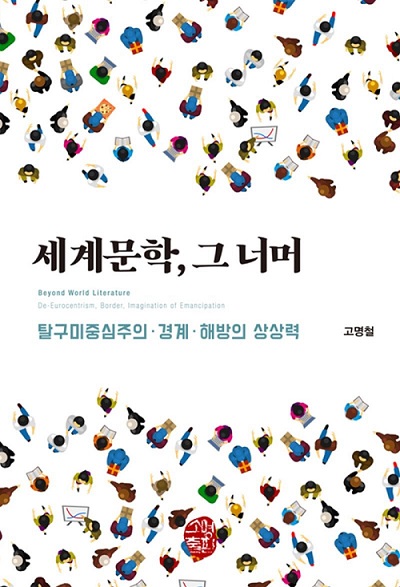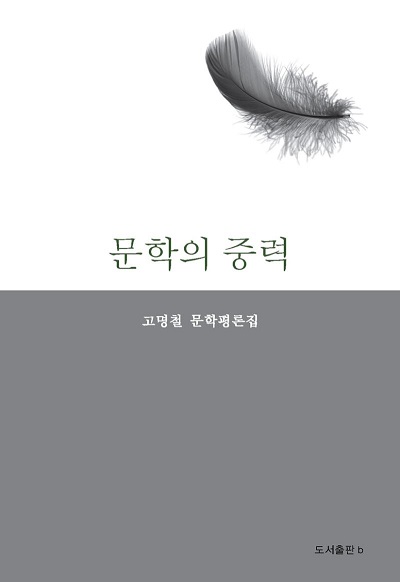Prof. Ko Myung-Chul, Published New Books, ‘World Literature, Beyond’ and More
- admin
- 2021-05-03
- 3451
Prof. Ko Myung-Chul (Dept. Of Korean Language and Literature), Published New Books, ‘World Literature, Beyond’ and More
Professor Ko Myeong-cheol (Dept.
of Korean Language and Literature) published two new books.

The subtitle of the first book,
“World Literature, Beyond” (Somyung Publishing) is “Defacing aestheticism, Vigilance,
Imagination of Liberation”
International literature, which
is not widely known, such as Japanese Korean literature, Okinawan literature,
Asian literature, and African literature, was focused on major works. Korean
literature in Japan dealt with Kim Seok-beom's novel "Hwasan Island",
Kim Si-jong's poetry collection "Niigata" and "Horizontal
Line". Okinawan literature introduces Medoruma's novels "The Forest
of Memory" and "Rainbow Birds," and Matayoshi Eika's novel
"The Pig's Retribution." Asian literature looked at Vietnamese writer
Baonin's novel "The Sorrows of War", Indian writer Aravind Adiga's
novel "White Color", and Pearl Buck's novel "The Earth
Trilogy" about China. African literature introduces Nurdin Farah's novel
"The Map" and Louis Ngkosi's novel "The Song of the Black Bird."
In addition, individual reviews on North Korean literature, Palestinian
literature, and Third World literature were also grouped together.

The second book is “The Gravity
of Literature” (b books). This book is a collection of criticisms devoted to
the concreteness of works that specifically testify to the reality where
coexistence and coexistence are broken, and narratives of defeat and
disillusionment appearing in history. 'The Gravity of Literature' was subtitled
'the lowliness of criticism facing history and reality'. If the experience of
defeat in our history and the tedious life of the present reality are exposed
as literary truth, criticism will have no choice but to have the gravity of
falling and approaching them completely. The author said, “If you forcefully
criticize the work by unreasonable theories and concepts, the concreteness of
the criticism evaporates as it deviates from the true reality of the work. Such
criticism, which neutralizes the concreteness of our lives and reality, is
bound to lose its vitality as criticism, and it means that the gravity of
criticism has been lost.” In this sense, “the lowliness of criticism” as a subtitle is ironic and provocative. If there is a
gravity, it should fall down.
'The Gravity of Literature' regards
the task of criticism as "as much as exploring humans and the world by
attempting critical intervention in contemporary life and reality through works
as a medium, we must focus on the concreteness of human life and reality."
This task is the basis of criticism, so it is commonplace, but the author
emphasizes that if so, radical criticism must be urgently carried out.
Related article (Korean): http://www.hani.co.kr/arti/culture/book/990302.html